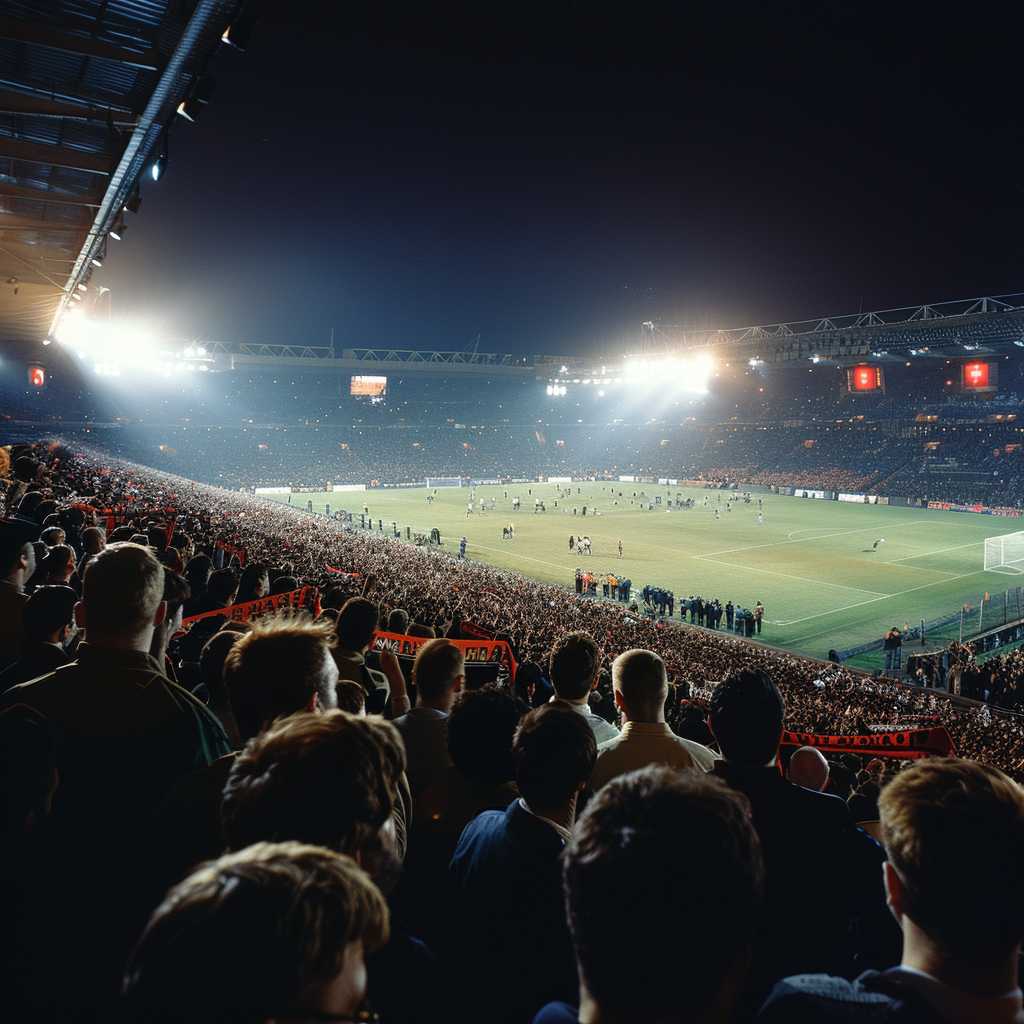A Comprehensive Overview of the EFL Cup
The EFL Cup, commonly referred to as the Carabao Cup for sponsorship reasons, is an annual knockout football competition in men’s domestic English football. Established in 1960, it is one of the three major domestic trophies available to English league clubs, alongside the Premier League and the FA Cup. Over the years, the EFL Cup has undergone various changes in format and sponsorship but has maintained a significant role in English football due to its competitive nature and the excitement it brings to fans and clubs alike.
History and Evolution of the EFL Cup
The EFL Cup was introduced during the 1960-1961 season as a tournament that provided additional matches for clubs, also serving to increase revenue through ticket sales, especially for lower division clubs. It was initially shunned by the top clubs, but gradually gained prestige, particularly when it began to offer qualification for European competitions to the winners.
Initially known simply as the League Cup, its name has changed numerous times due to different sponsorships. Over the decades, names such as the Milk Cup, Coca-Cola Cup, Worthington’s Cup, Carling Cup and currently, Carabao Cup have been adopted. Parallel to changes in name, the format of the tournament has also evolved from straight knockout rounds to incorporating two-legged ties, group stages at different points in its history, and more.
Competition Format and Structure
The cup is open to all 92 clubs within the Premier League and the English Football League (EFL), which includes the Championship, League One, and League Two. The current format involves seven rounds of single-leg ties excluding the semi-finals which are played over two legs, home and away. Early rounds are typically used by higher-tier clubs to rotate their squad and provide game time for youth and squad players. The competition’s knock-out nature makes it an enticing tournament where upsets are common and smaller clubs have a chance to shine against premiere teams on a national stage.
There is no seeding in the EFL Cup, meaning teams from every league have an equal chance of being drawn against each other. This can result in thrilling match-ups early on as minnows get the chance to host top-tier Premier League sides.
Notable Moments and Achievements
Throughout its colorful history, several moments stand out including memorable finals, remarkable upsets of top-tier teams by those from lower divisions, and record performances. For instance, Liverpool holds the distinction for most EFL Cup victories with numerous titles. Their track record speaks to their consistency in domestic cup competitions. Aston Villa winning against Leeds United in 1996 or Manchester City’s recent run of success are some examples that highlight both historic and contemporary dominance.
Sheffield Wednesday became the first winners of the trophy by defeating West Bromwich Albion in a two-legged final. Since then, many smaller clubs have also had their day in the sun – famously Swansea City won against Bradford City in 2013 giving them an opportunity to compete in Europe after their victory despite being underdogs throughout their whole campaign.
Relevance in Modern Football
Some argue today that with increased focus on European competitions like the UEFA Champions League or Europa League, along with bustling Premier League schedules, the relevance of domestic cup competitions like the EFL Cup could be diminishing – especially amongst top-tier teams who may view it less prestigious or an additional fixture congestion. However, it remains a valuable target for mid-table and lower-league clubs looking for silverware and a path into European football. Furthermore, for fans and neutrals alike, there’s a unique romance to domestic cup competitions; a field where David-vs-Goliath storylines frequently play out—endearing supporters across club allegiances.
The financial gains from progressing in, or winning this competition are also of considerable benefit to all participating clubs; including revenues from gate receipts and prize money on offer as part of its distribution structure.

